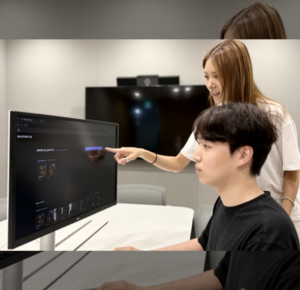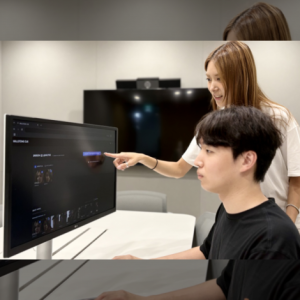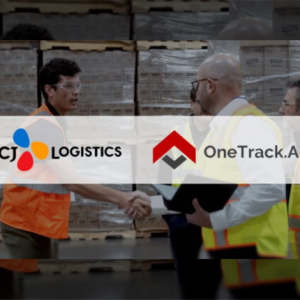CJ ENM’s proprietary in-house AI technology supports every stage of the content lifecycle, creating original IP and generating all visual and audio elements for video production
Technological progress has always driven the evolution of the visual media industry, from silent to sound, black and white to color, recorded to live. Now, AI is transforming the very ways in which content is being created. Barriers that once limited production, including cost, time and technical constraints are rapidly disappearing.
As the paradigm of the video industry is being redefined across planning, production, distribution and marketing, CJ ENM has established a dedicated AI division to strengthen its capabilities in creating high-quality content. With its own technological expertise, the company is leading the AI content frontier. CJ Newsroom spoke with the key figures behind this transformation.
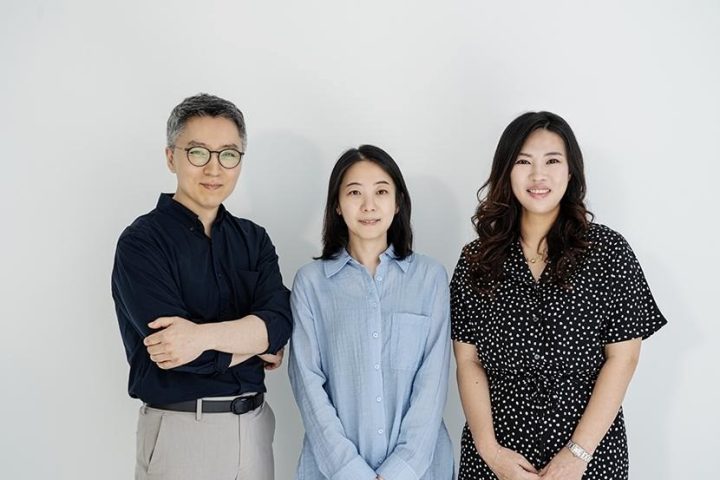
Q. Please briefly introduce your roles.
Baek Hyun-jung: Hi, I’m Baek Hyun-jung from the Content Innovation division. I oversee the planning and development of AI content technologies, as well as the discovery of new AI-driven IP innovation models.
Ko Hae-jung: Hello, I’m Ko Hae-jung from the Content Tech Planning division. I’m responsible for establishing the AX strategy across the content business value chain and developing core AI modules.
Jeong Chang-ik: I’m Jeong Chang-ik from the AI Studio division. I focus on producing new types of AI-based video content and advancing the processes for applying AI technology in dramas and films.
Q. What led CJ ENM to expand its AI content business?
Ko Hae-jung: The AI division was established in 2023. At the time, our main focus was exploring the potential of AI. By 2024, as everyone knows, AI had advanced at an extraordinary pace. From that point on, we began developing AI models to support every stage of the content lifecycle — from planning and production to distribution and marketing.
Recently, we’ve been expanding the organization further by producing original content such as films and animations created entirely with AI.
Baek Hyun-jung: At its core, CJ ENM is all about content. The primary reason we began AI research was to strengthen our content competitiveness.
AI technology amplifies creativity and helps us overcome the traditional barriers of cost, time and technical limitations. CJ ENM already has strong capabilities across planning, production, distribution and marketing as a global IP powerhouse. We believed that combining these strengths with AI technology would give us unmatched competitiveness. We also had confidence that AI content is something CJ ENM can truly excel at.
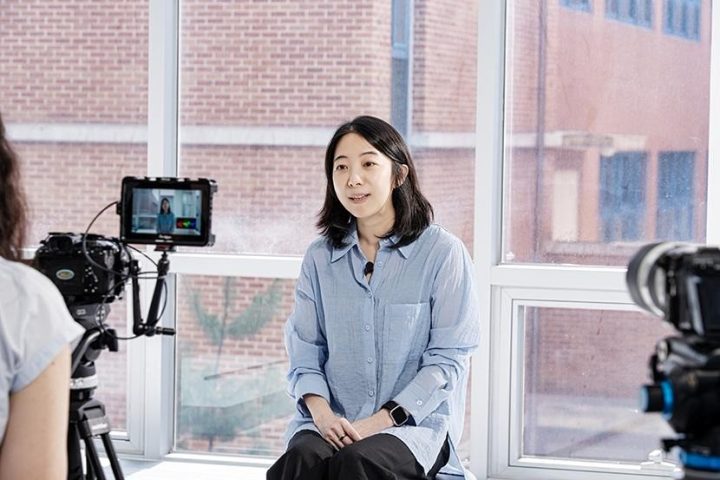
Q. How is AI being used in content planning and production?
Baek Hyun-jung: In the planning stage, we use AI to discover original IP, while in the production stage, AI helps shorten timelines in areas such as content visualization and virtual production.
For this process, CJ ENM leverages its own proprietary AI content technologies. Using our in-house “AI Script” and “Cinematic AI” programs, both optimized for storytelling-based video content, we’re creating a wide range of AI-driven productions.
Jeong Chang-ik: AI Script is an AI agent designed for discovering original IP. It analyzes narratives, cultural elements and current trends to identify suitable ideas and concepts. This tool supports the early stages of content planning and development.
Cinematic AI, on the other hand, is a system that generates all the visual and audio elements needed for video production — including characters, images, videos, sounds and voices — in a single streamlined process. It’s CJ ENM’s optimized system for producing high-quality content.
Our first major result using this technology was the animation “Cat Biggie,” released on YouTube in July. We’re also producing two AI films, “Apartment” (working title) and “Legend” (working title), scheduled for release later this year and next year, respectively.
Ko Hae-jung: We’re also integrating AI into media advertising. In particular, CJ ENM was the first company in South Korea to apply an AI-based virtual product placement (VPP) solution during the post-production editing phase, creating an entirely new advertising business model. We’re also further enhancing our competitiveness by using AI in the distribution stage for subtitles, translation and dubbing.

Q. How are AI Script and Cinematic AI different from the AI models we commonly know?
Ko Hae-jung: Each AI model has its own area of expertise. Our AI Script is specifically designed to understand and interpret cultural nuances. It excels at grasping the implicit and layered meanings found in literary language, especially within K-content. Its comprehension and interpretive abilities are on par with, if not superior to, those of major big tech models.
Jeong Chang-ik: The key distinction of Cinematic AI lies in consistency. With most generative AI tools, entering the same prompt rarely produces the same output, whether for characters or backgrounds. In drama or film production, that lack of consistency can greatly affect the final quality — even a single strand of hair appearing differently between cuts can disrupt the viewer’s immersion.
Cinematic AI, however, maintains a high level of visual and contextual consistency between scenes by generating three-dimensional images that stay coherent in design, angle and pose. By integrating every stage of video production into one unified platform, Cinematic AI also significantly improves overall production efficiency.
Q. We heard that you’ve also filed patents related to AI Script.
Ko Hae-jung: Yes, in both South Korea and the U.S., we’ve filed a total of 15 patents, which have attracted unprecedented attention from both academia and the industry. By developing these technologies entirely in-house, CJ ENM has been able to accumulate and internalize our expertise as proprietary assets. We expect this to significantly enhance our ability to produce high-quality, well-crafted content.
Q. We’ve also heard that AI Script and Cinematic AI are tailored for K-content. Could you elaborate?
Baek Hyun-jung: North American big tech AI platforms are trained primarily on local datasets, so there are natural limits when it comes to generating content with an authentic Korean sensibility. As a leading company in K-content, CJ ENM is focused on strengthening its competitive edge in AI content production tailored for the Korean market. We’re accomplishing this by securing high-quality, culturally rich data to further refine our distinctive AI technologies.
Jeong Chang-ik: For our upcoming film “Apartment” (working title), our goal from the start has been to authentically portray Korean settings and characters. My team and I personally served as models to collect character data, and when necessary, we created additional datasets ourselves. Through this hands-on process, we established an AI content production pipeline uniquely suited to Korean storytelling and aesthetics.
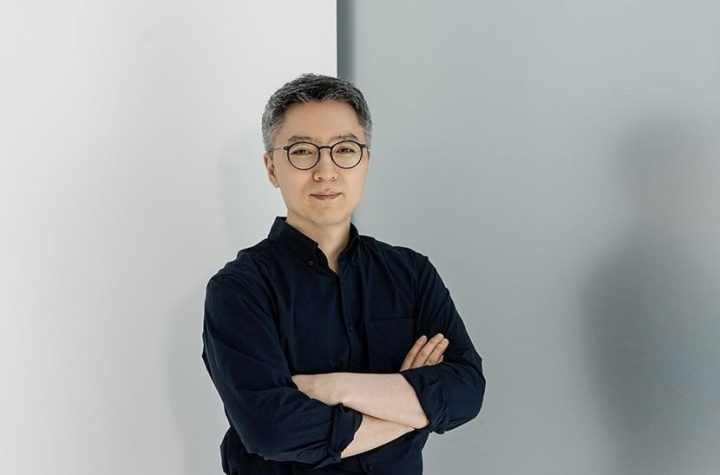
Q. How do you think AI will transform the content industry in the future?
Jeong Chang-ik: Through the production of “Cat Biggie,” we saw firsthand how AI can effectively reduce production time and costs. We expect this efficiency to create a positive cycle in which time and resources saved can be reinvested into creators and production environments, ultimately enhancing the overall quality of content.
Ko Hae-jung: While the global influence of K-content has grown, the number of emerging creators has actually decreased. The increasing scale and cost of production have made it harder for new talent to enter the field. By lowering financial and technical barriers through AI, we hope to see more promising new creators emerge and a wider range of fresh, original content being produced.
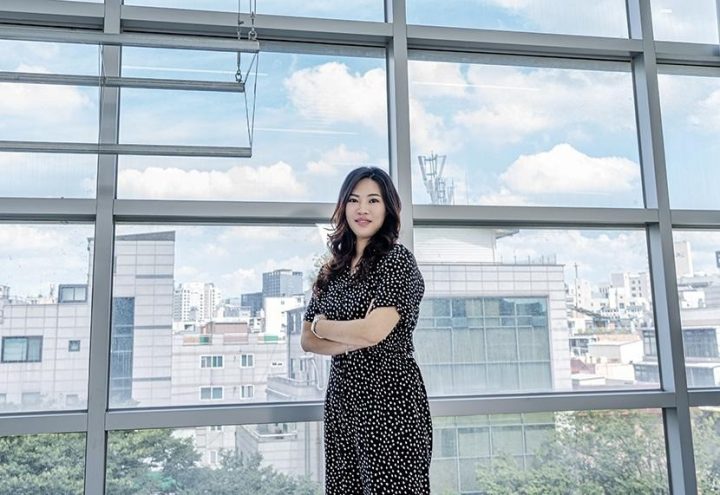
Q. What is the goal of CJ ENM’s Content Innovation Division?
Baek Hyun-jung: Our goal is to integrate content and AI to revolutionize the overall production structure, securing world-class competitiveness in both production and IP. Just as Pixar once pioneered 3D innovation and opened a new era for 3D animation and film, we aim to lead the next wave of transformation in the content industry through AI innovation.
We plan to evolve our production process into a more sophisticated, systemized model and expand our portfolio of AI-integrated, globally oriented content. By collaborating with emerging creators both domestically and abroad, we will continue to grow as a global IP powerhouse and drive the evolution of the media landscape.









